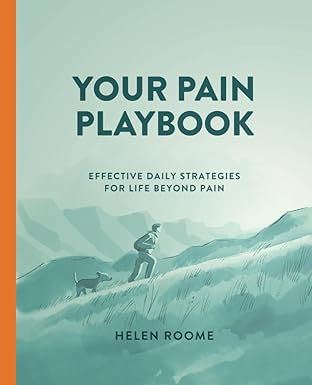Self-care quiz
- Cindy Aberdein

- Apr 26, 2024
- 3 min read
Updated: Oct 3, 2024
On a scale of 1-5, with 1 being "Rarely" and 5 being "Always":

How often do you find yourself feeling physically exhausted, even after a full night's sleep?
Do you regularly take breaks during the workday to rest and recharge?
How often do you experience difficulty concentrating or making decisions?
Are you able to set healthy boundaries in your personal and professional life?
How often do you engage in activities that bring you joy and relaxation?
Do you find it challenging to say "no" to additional responsibilities or requests?
How well do you manage stress and handle unexpected challenges?
Are you satisfied with the amount and quality of sleep you get each night?
How often do you experience feelings of overwhelm or anxiety?
Are you able to delegate tasks and ask for help when needed?
Do you prioritize time for hobbies and interests outside of work or other responsibilities?
How often do you engage in physical activity to support your overall well-being?
Are you able to disconnect from work or other stressors during your leisure time?
How well do you communicate your needs and feelings to others?
Do you make time for regular social interactions with friends or loved ones?
How often do you experience feelings of guilt or inadequacy?
Are you satisfied with the balance between your work life and personal life?
How often do you practice mindfulness or relaxation techniques?
Are you aware of and in tune with your emotional well-being?
How frequently do you go on holiday or take breaks to recharge and rejuvenate?
Self-care quiz score interpretation
Total Score Interpretation:
20-40: Low risk of burnout, good self-care practices.
41-60: Moderate risk, room for improvement in certain areas.
61-80: High risk, immediate attention to self-care recommended.
81-100: Very high risk, consider seeking professional help.
Recommendations:
20-40: Maintain your positive self-care practices and continue to prioritize your well-being.
41-60: Focus on the essentials in the article “Pause and Reconnect.” Find one change that you can commit to today to improve your self-care. You know how and you know it makes a difference.
61-80: It is important of take immediate steps to address stress in your life. Seek support from friends or family, adjusting workloads, and implementing a comprehensive self-care plan.
81-100: Strongly recommend seeking professional help, such as talking to a therapist or counsellor. This may indicate a level of stress and burnout that requires specialized assistance.
It's crucial to note that this quiz is not a diagnostic tool, and any score indicating a need for professional help should be followed up with a qualified healthcare professional.
Use your scores as a starting point for self-reflection.
Crafting a self-care plan
Identify Your Needs: Reflect on what brings you joy, relaxation, and rejuvenation. Consider areas requiring more attention, like physical activity, mindfulness, or social connection.
Set Priorities: Assess your commitments and identify where self-care can fit into your schedule. Remember, even small pockets of time matter.
Establish Boundaries: Learn to say no and delegate tasks when necessary. Prioritize self-care like any important appointment.
Schedule Self-Care: Block dedicated time in your calendar, treat it seriously and be flexible as your needs evolve.
Explore and Experiment: Try various activities like meditation, yoga, spending time in nature, or engaging in hobbies. Find what resonates with you.
Seek Support: Don't hesitate to reach out to friends, family, or professionals for encouragement and accountability.




Comments